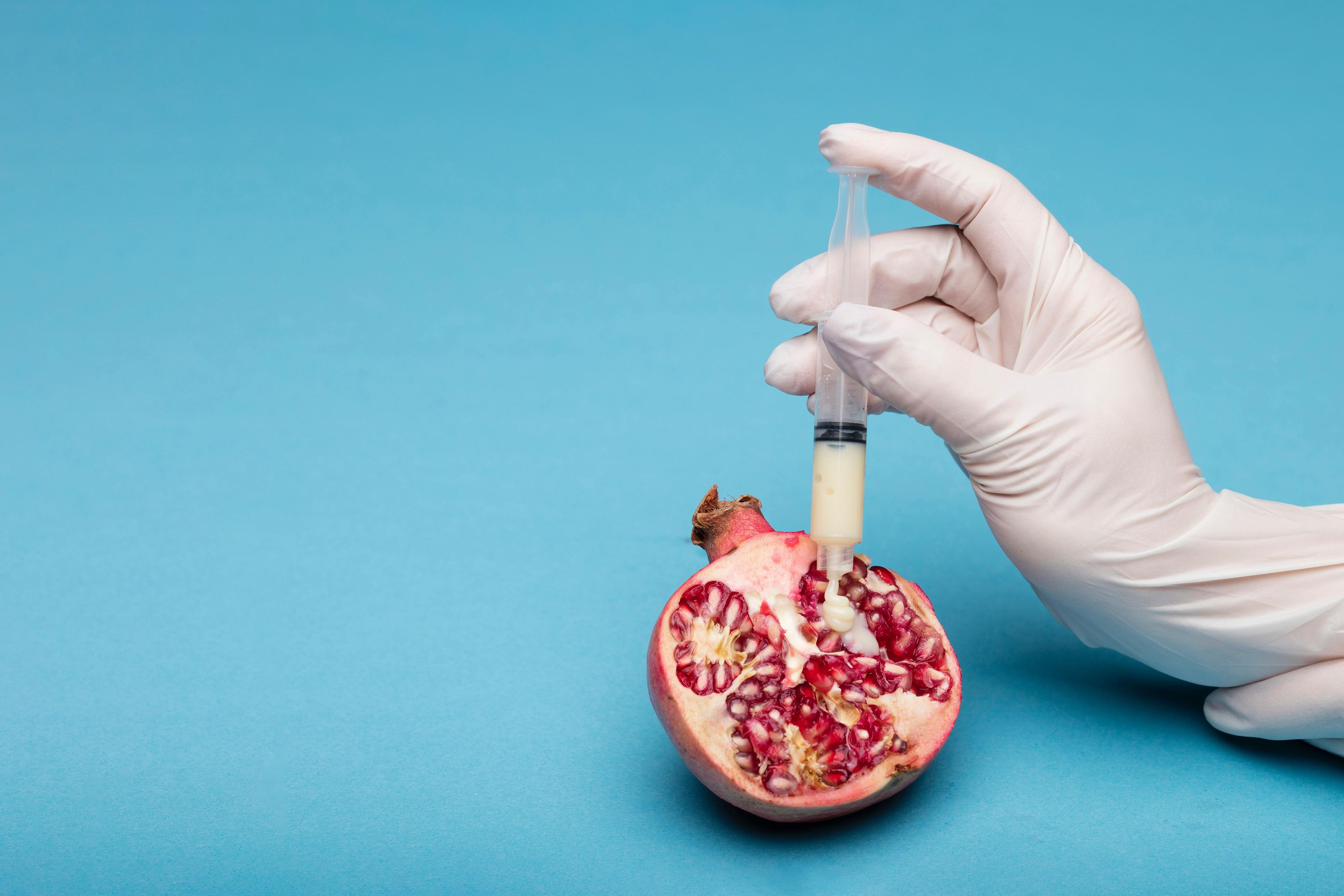You've probably heard someone say, 'I have PCOS'. And you wondered to yourself, 'What does that mean?'.
Look no further, because we'll be revealing everything you need to know about the condition in this article.
Sit back and enjoy this read.
What is PCOS?
PCOS means Polycystic Ovary Syndrome. It is caused by an imbalance of hormones in the body of a woman.
Hormones are chemical substances responsible for physiological processes in the body.
Thus, what happens during PCOS is that the body of a woman produces higher-than-normal amounts of the male hormone. And this affects her normal physiological processes.
So, she'll have;
- Irregular or skipped periods.
- Longer-than-normal periods.
- Hair growth on face and body.
- Baldness etc.
All of which are controlled by hormones.
In PCOS, many fluid-filled sacs (called cysts) grow in the ovaries, altering the production of the normal female hormones, and causing an increase in androgen, a hormone responsible for male development.
It usually affects women their childbearing age and is one of the most typical causes of infertility.
What causes it?
The exact cause of PCOS is not known. However, several factors have been associated with the condition.
One of them is genes. People who have a sister or mother with PCOS are more likely to develop it than those who do not.
Another risk factor is a high level of insulin in the body. Sugar is the body's main source of energy. And it is regulated by the hormone, insulin. A person with insulin resistance is unable to utilize the hormone. And so, the body goes into overdrive, producing more amounts to compensate. Excess insulin leads to increased production and activity of hormones like testosterone.
Furthermore, obesity is a risk factor for PCOS. Being overweight or obese increases the amount of insulin your body produces. And this causes the spike of androgenic hormones in the long run.
Long-term inflammation can also play a role here. White blood cells produce agents to find infections, and this triggers the ovaries to produce androgens.
At the end of the day, androgens are the major 'culprits'.
What are the symptoms of PCOS?
PCOS presents in different ways but here are some of the commonest symptoms:
- Heavy bleeding during periods
- Irregular periods
- Difficulty getting pregnant
- Acne
- Hair growth on the face and body
- Weight gain
- Headache
- High blood pressure
- Skin tags
It is important to note that not all women experience these symptoms.
What are the complications of PCOS?
Complications of PCOS differ from person to person
Infertility
Cysts in the ovaries interfere with ovulation. Ovulation is a period when the ovaries release eggs. And if a healthy egg is not available to be fertilized by a sperm, one cannot get pregnant. People with PCOS still get pregnant. However, they have to work with their doctors to make it happen.
Diabetes
People with PCOS often have insulin resistance. This means that they have insulin, but they can't utilize it. Thus, the cells in the body cannot absorb sugar. And this increases the blood levels of glucose, causing diabetes.
Metabolic Syndrome
Metabolic syndrome is made up of high blood pressure, high triglyceride levels and high blood glucose. Thus, women who have PCOS are at risk of the following listed above.
Other complications include:
- Pregnancy miscarriage
- Sleep apnea
- Anxiety
- Endometrial cancer
How to treat PCOS?
If you aren't planning to get pregnant anytime soon, your doctor might prescribe birth control pills to treat the symptoms of the condition. It'll clear the acne, lessen the body hair and regularize the periods.
If you do want to get pregnant, however, your doctor will prescribe fertility drugs to help you.
Final note:
PCOS is very common. It can happen to just about anyone within the childbearing age.
However, it can be treated and managed properly if diagnosed on time.
